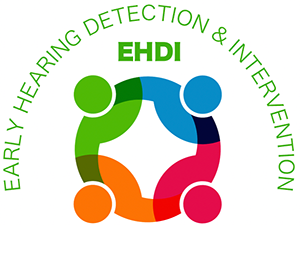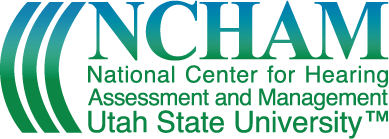Webinar: Introduction to Evidence-Based Hearing Screening and Evaluation Practices for Children ages 0-5
When: June 14, 2022 | 12:00 pm - 1:00 pm MT
Description
Each day, children with hearing loss attend early childhood programs. Learn how to identify who they are. Join us for a webinar on improving the quality of hearing screening and evaluation practices for children ages birth to 5.
Learning Objectives
- How determining the status of hearing ability in children relates to the overall goals of early childhood programs like Head Start, Part C early intervention, Part B-619 and other early care and education services.
- Current evidence-based practice recommendations for hearing screening with children birth to 5
- An overview of the Otoacoustic Emissions (OAE) screening/evaluation method for all children and available resources to support implementation
- An overview of the Pure Tone Audiometry Screening method with children 3 to 5 years of age or older and available resources to support implementation
- Recommended follow-up protocol for when children do not pass the hearing screening
- Information about equipment options and costs
- How to find a local audiologist to assist in program development, training, and diagnostic services
- How to find other implementation resources and opportunities for training and technical assistance
Target Audience
- Individuals and programs serving children between birth and 5 years of age:
- Early Head Start
- Head Start
- Migrant and Seasonal Head Start
- American Indian and Alaska Native Head Start
- Part C early intervention programs
- Part B-619 programs
- Home visiting
- Preschools
- Health care providers
Presenters
This webinar is being provided by William Eiserman, Ph.D. and Terry Foust, AuD at the Early Hearing Detection and Intervention (EHDI) National Technical Resource Center, National Center for Hearing Assessment and Management (NCHAM), Utah State University.
For more than 20 years NCHAM's Early Childhood Hearing Outreach (ECHO) Initiative has provided training, technical assistance and practical resources to support the development and sustainability of quality hearing screening and follow-up practices for programs serving children birth to three years of age and older. With an emphasis on assisting Early Head Start and Head Start programs, Drs Eiserman and Foust have provided training and technical assistance to thousands of early care and education professionals throughout the country and abroad.


